Biofuel Pros and Cons: Is it a Viable Solution
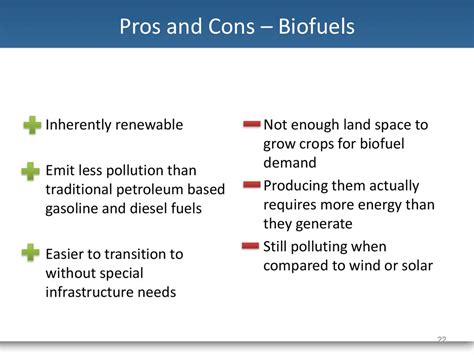
Introduction to Biofuels
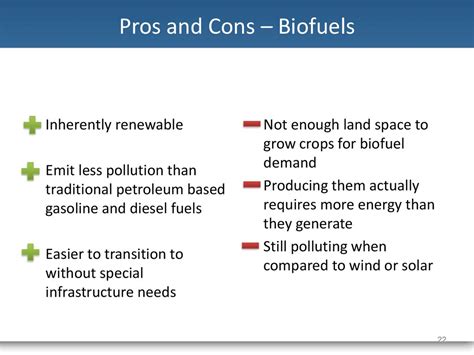
As the world grapples with the challenges of climate change, energy security, and sustainable development, biofuels have emerged as a promising alternative to fossil fuels. Biofuels are fuels produced from organic matter, such as plants, algae, and agricultural waste, which can be used to power vehicles, heat homes, and generate electricity. In this article, we will delve into the pros and cons of biofuels, exploring their potential as a viable solution to our energy needs.
What are Biofuels?
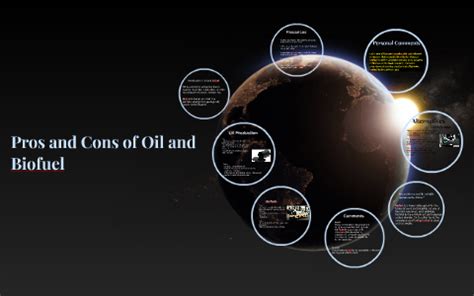
Biofuels are fuels produced from biomass, which is organic matter that has been converted into a fuel. The most common types of biofuels are:
- Ethanol: produced from fermented plant sugars, such as corn, sugarcane, and switchgrass
- Biodiesel: produced from vegetable oils, such as soybean oil, canola oil, and waste cooking oil
- Biogas: produced from anaerobic digestion of organic matter, such as food waste and agricultural waste
Pros of Biofuels
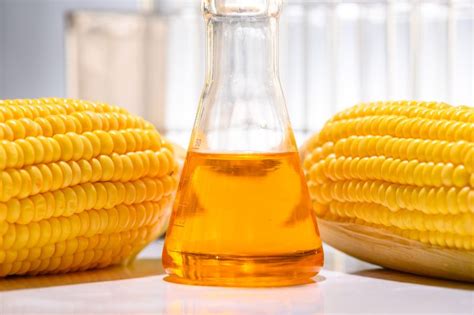
Biofuels offer several advantages over traditional fossil fuels:
- Renewable and Sustainable: Biofuels are produced from renewable biomass sources, which can be replenished quickly, unlike fossil fuels, which take millions of years to form.
- Reduced Greenhouse Gas Emissions: Biofuels can reduce greenhouse gas emissions by up to 80% compared to fossil fuels, making them a cleaner and more environmentally friendly option.
- Energy Security: Biofuels can reduce dependence on imported fossil fuels, improving energy security and reducing the impact of price volatility.
- Job Creation and Economic Growth: The biofuel industry can create jobs and stimulate local economies, particularly in rural areas where biomass feedstocks are produced.
- Waste Reduction: Biofuels can be produced from waste biomass, such as food waste and agricultural waste, reducing the amount of waste sent to landfills.
Cons of Biofuels
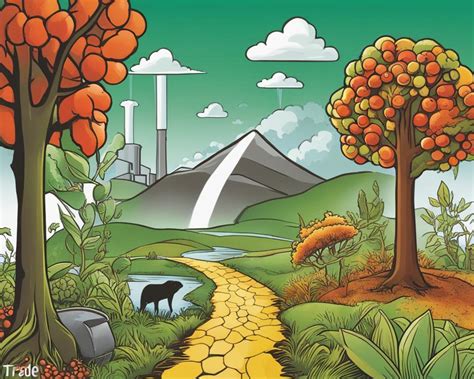
While biofuels offer several advantages, they also have some significant drawbacks:
- Food vs. Fuel Debate: The production of biofuels from food crops, such as corn and soybeans, has raised concerns about the impact on food prices and availability, particularly in developing countries.
- Land Use and Deforestation: The expansion of biofuel production has led to deforestation and land-use changes, resulting in loss of biodiversity and ecosystem disruption.
- Water Usage: Biofuel production requires significant amounts of water, which can strain local water resources, particularly in areas where water is already scarce.
- Energy Balance: The energy balance of biofuels, which refers to the amount of energy required to produce, process, and transport biofuels, is often poor, making them less efficient than fossil fuels.
- Cost: Biofuels are currently more expensive than fossil fuels, making them less competitive in the market.
Second-Generation Biofuels
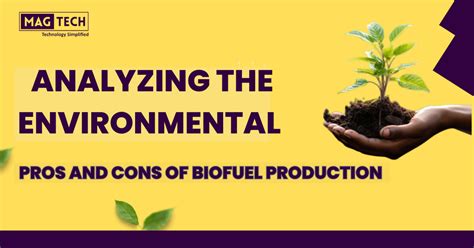
To address some of the challenges associated with first-generation biofuels, researchers have been developing second-generation biofuels, which are produced from non-food biomass sources, such as:
- Agricultural Waste: Second-generation biofuels can be produced from agricultural waste, such as corn stalks and wheat straw.
- Algae: Algae can be used to produce biofuels, such as biodiesel and bioethanol.
- Municipal Solid Waste: Second-generation biofuels can be produced from municipal solid waste, such as food waste and yard trimmings.
Second-generation biofuels offer several advantages, including:
- Improved Energy Balance: Second-generation biofuels have a better energy balance than first-generation biofuels.
- Reduced Land Use: Second-generation biofuels do not require arable land, reducing the pressure on land use and deforestation.
- Lower Greenhouse Gas Emissions: Second-generation biofuels can reduce greenhouse gas emissions by up to 90% compared to fossil fuels.
Conclusion
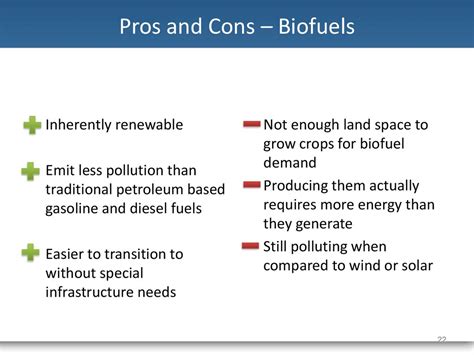
Biofuels offer a promising alternative to fossil fuels, with several advantages, including renewability, sustainability, and reduced greenhouse gas emissions. However, they also have some significant drawbacks, including the food vs. fuel debate, land use and deforestation, water usage, energy balance, and cost. Second-generation biofuels, which are produced from non-food biomass sources, offer several advantages, including improved energy balance, reduced land use, and lower greenhouse gas emissions. As technology continues to evolve and improve, biofuels are likely to play an increasingly important role in the transition to a more sustainable energy future.
What are the benefits of using biofuels?
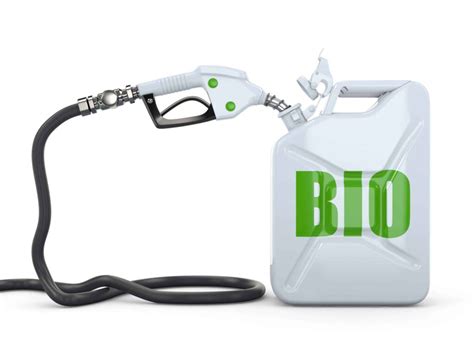
+
Biofuels offer several benefits, including renewability, sustainability, and reduced greenhouse gas emissions. They can also improve energy security and create jobs in the biofuel industry.
What are the challenges associated with biofuels?
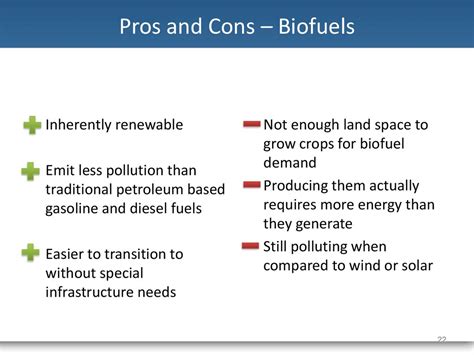
+
The challenges associated with biofuels include the food vs. fuel debate, land use and deforestation, water usage, energy balance, and cost. These challenges can vary depending on the type of biofuel and the feedstock used.
What is the future of biofuels?

+
The future of biofuels is promising, with second-generation biofuels offering several advantages over first-generation biofuels. As technology continues to evolve and improve, biofuels are likely to play an increasingly important role in the transition to a more sustainable energy future.



